
UNITED NATIONS, May 29 (Xinhua) -- Marking International Day of Peacekeeping, the head of UN peacekeeping operations said on Wednesday the casualty rate so far this year was running lower than in the recent past but also cautioned that additional peacekeeping operations were in the wings.
Under-Secretary-General Herve Ladsous told reporters here at UN headquarters that 25 peacekeepers were killed so far in 2013, compared to a total of 111 killed in 2012.
However, more than 100 peacekeepers have died in action in each of the past five years, a Department of Peacekeeping Operations ( DPKO) spokesman told Xinhua.
"The figures are very sad, 111 peacekeepers, uniformed personnel, killed during the course of the year 2012 and since the beginning of this year 25," said Ladsous, adding that seven soldiers from Niger alone were killed in Ivory Coast (Cote d' Ivoire).
"This of course is a very sad reality," he said. "It is an opportunity to reflect on the dedication of the people to their duties but also to reflect on how we are facing the new challenges that are in front of us."
Ladsous took the opportunity to point out DPKO's newest mission is in Mali and to underscore "very specific and strong challenges in Eastern Congo," adding that "We maybe, at a later stage, mandated to go into Somalia (and/or) in Syria, depending on the revolution."
The immediate challenge for DPKO, he said, was moving with the times, modernizing operations.
"We have in the light of all this to evolve," the DPKO chief said. "One important element in this is that peacekeeping constantly needs more and better tools, more and better skills."
"We must make sure that the missions are given whatever is necessary for them to fulfill their mandate, sometimes in increasingly high risk environments and I might mention as an example of this for instance the deployment the UAVs (Unarmed Aerial Vehicles) in the Kivus which will take place sometime in the summer," he said.
The Kivus are in the long-troubled eastern portion of the Democratic Republic of the Congo (DRC).
"We are in the middle of the procurement process but I think this will be very important to improve the awareness of the situation by our troops on the ground and also to deter some spoilers, perhaps, from doing what they intend to do," Ladsous said.
"At the same time we have to be flexible because the environments vary considerably from very stable, long established missions like, for instance, in Cyprus ... to the new situation for instance in Syria, in the Golan (Heights)," he said.
The UN Peacekeeping Force in Cyprus (UNFICYP), established in 1964 to separate the northern portion of the Mediterranean isle controlled by Turkey from the Greek southern portion, has been quiet for years.
But, the UN Disarmament Observer Force in the Golan (UNDOF), monitoring the 1974 disengagement accord between Syria and Israel after their 1973 war, has been troubled by recent raids from Syria capturing peacekeepers and releasing then.
"Globally, let me highlight the fact peacekeeping is above all a partnership, a partnership between the Security Council, which gives us our mandate -- they are in fact our political masters -- the Secretariat and the troop and police contributing states," Ladsous said. "This partnership needs to be constantly nurtured because otherwise peacekeeping simply cannot happen."
The United Nations has no standing military or even a police force, let along military style equipment. Personnel are provided by UN member states and equipment leased from member nations.
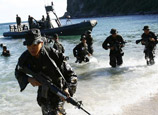
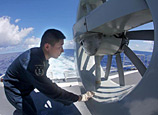
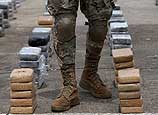

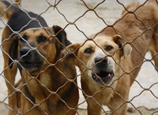
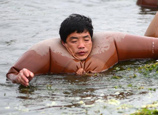

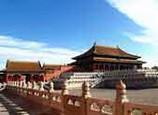
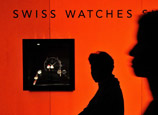







 Modern movie dream in retro Mingguo street
Modern movie dream in retro Mingguo street


![]()
